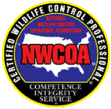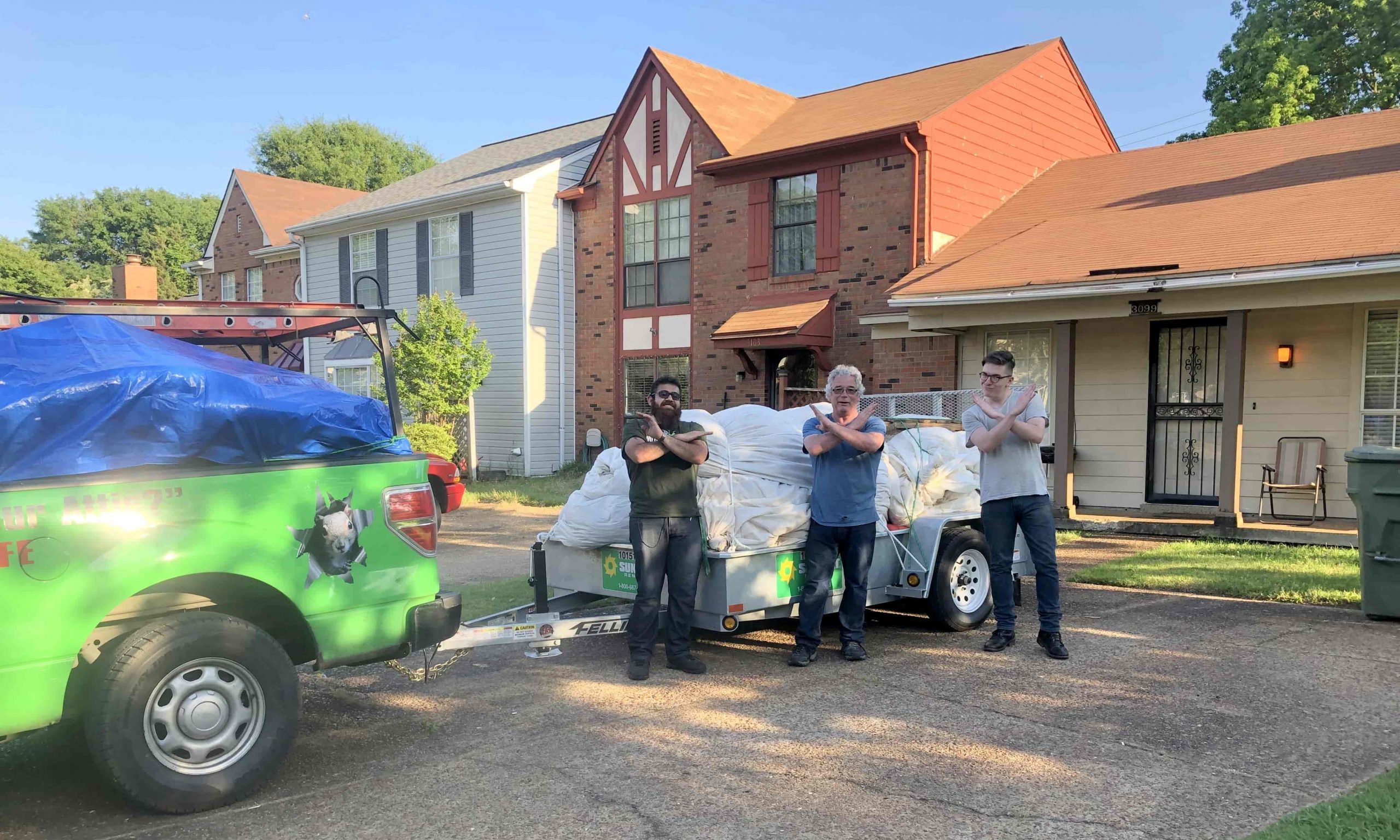
Call for Your Exclusive Wildlife Inspection Report.®
Bird Control
Watching birds float around the sky is one of nature’s most fascinating sights. However, when you have birds roosting on your house or property, you begin to realize they’re not as adorable as they seem from afar.
Many bird species like feral pigeons, house sparrows, common starlings, crows, and gulls are classified as pests because of the havoc they can wreak.
Birds sometimes pick up residence in buildings and they roost in places like beams, attics, warehouses, parking garages, and more. Residential buildings, as well as industrial buildings, in the Memphis area, are commonly disturbed by some of these pest birds. Here are some of the damages they can cause:
Diminishing the structural integrity of a building
The feces of birds are known to be corrosive, which accelerates rust when it comes in contact with metallic surfaces. Woodpeckers, in particular, are known to directly damage wooden structures.
Pollution & health risks
Having bird feces all around a property is unhygienic. In industrial plants, it can contaminate raw materials. Furthermore, birds are known to transmit over 60 diseases to humans through their feces, including histoplasmosis, cryptococcosis, and psittacosis.
Crop theft
Birds also steal agricultural produce. If you have a garden at home, they will eat your fruits before you get a chance to do so.
We understand the frustration birds can cause and that’s why Wildlife X Team Memphis is here to help you out.
Bird Control Methods
Because many birds are protected by the federal Migratory Bird Treaty Act, bird control methods are restricted to the following means.
Bird netting
Netting acts as a natural barrier that humanely excludes birds from specific areas like gardens and canopies. If effectively implemented, it can provide protection against bird roosting all year.
Bird spikes
These are pointed metallic or plastic structures installed on specific areas to create a no-landing zone for birds. They are most suited for narrow surfaces like signage, security cameras, windows, ledges, and light posts.
Shock tracks
Shock tracks deliver a mild electric shock any time a bird lands on an unwanted surface. The mild discomfort felt forces it to immediately leave. This can help prevent birds from roosting in an unwanted area.
Get Quote for Your Exclusive Wildlife Inspection Report.®



Predators
Natural predators of birds include cats, owls, and larger birds of prey. Having a cat around can help reduce their number. Also, having plastic decoys of these predators can help keep birds at bay. However, their position has to be regularly changed so that birds don’t get acclimatized to it.
Avicide poison
Avicides are a type of poison specifically used to target pest birds like sparrows, starlings, and pigeons. Because they are lethal, their use is highly restricted. Make sure to check with your local wildlife authority before poisoning birds.
Trapping
Bird trapping is subject to federal laws and is restricted to pest bird species. Adequate trapping requires an adept understanding of bird behavior. At Wildlife X Team Memphis, we can help you safely, legally, and effectively catch and remove nuisance pigeons and some other species from your property.
Decontamination
Once the bird problem has been solved, then the infected spaces must be properly cleaned. This involves the removal of droppings, feathers, roosting materials, and other wastes. The areas must then be decontaminated to destroy all organic matter.
At Wildlife X Team Memphis, we can help you develop an effective bird control strategy that will eliminate your bird problem once and for all. If you live in the Memphis area, contact us today!




